In today's fast-paced financial landscape, understanding long-term contract accounting standards is more crucial than ever for businesses aiming to maintain transparency and compliance. These standards provide a framework that helps companies accurately report their revenue and manage their financial health over extended periods. Navigating the complexities of these regulations may seem daunting, but with the right guidance, your organization can harness their benefits to ensure robust financial reporting. Ready to dive deeper into the intricacies of long-term contract accounting? Keep reading!
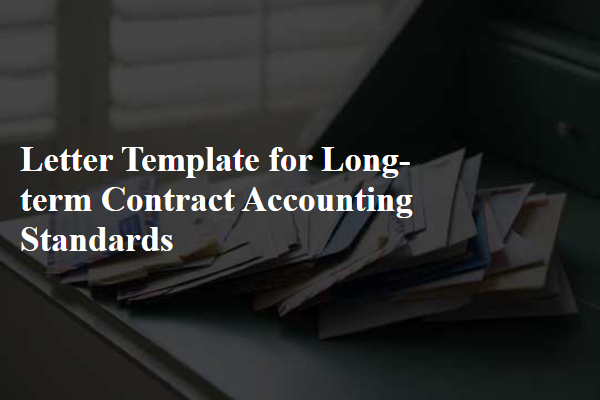
Compliance with Relevant Accounting Standards
Long-term contracts require compliance with relevant accounting standards to ensure accurate financial reporting. The Financial Accounting Standards Board (FASB) Codification, specifically ASC 606, outlines the revenue recognition principles for contracts exceeding one year. This includes identifying the performance obligations, determining the transaction price, and allocating the price to the performance obligations. Companies must apply the input method or output method to recognize revenue over time based on the progress toward completion. Additionally, the International Financial Reporting Standards (IFRS 15) highlights similar requirements, focusing on the transfer of control rather than the transfer of risks and rewards. Properly adhering to these standards ensures transparency and consistency in financial statements, critical for stakeholders, investors, and regulatory compliance.
Clarity in Payment Terms and Conditions
Long-term contracts in accounting necessitate clear payment terms and conditions to ensure compliance with the Financial Accounting Standards Board (FASB) guidelines. Entities must define the payment schedule (monthly, quarterly, or milestone-based) to enhance cash flow predictability. Clear definitions of performance obligations, including deliverables and timelines (such as project completion dates), are essential to avoid disputes. Additionally, interest rates applicable to late payments must be specified, along with any penalties for non-compliance. Transparency in the contract regarding any potential changes in pricing due to inflation or cost of goods sold is critical for risk management. Overall, well-defined payment terms foster trust and ensure that both parties have a mutual understanding of their financial responsibilities throughout the contract's duration.
Specification of Deliverables and Milestones
A long-term contract accounting process requires precise specifications regarding deliverables and milestones to ensure compliance and efficiency. Deliverables include distinct outputs such as completed project phases, documentation, and final products, which need to be clearly defined. Milestones represent key achievement markers, such as project initiation dates, quarterly progress assessments, and final completion deadlines. Each milestone often corresponds to specific payment schedules and performance metrics. Documentation such as user acceptance tests or compliance reports must accompany deliverables to validate completion. Clarity in deliverables and milestones ensures adherence to the Financial Accounting Standards Board (FASB) guidelines, thus facilitating accurate revenue recognition and financial reporting for entities engaged in long-term contracts, like construction firms or government contractors.
Provision for Amendments and Revisions
Long-term contracts in accounting, particularly under standards such as IFRS 15 (International Financial Reporting Standards) and ASC 606 (Accounting Standards Codification), often require provisions for amendments and revisions due to changing circumstances and agreements. Adjustments to revenue recognition may be necessary when significant modifications occur, impacting performance obligations. For example, if a construction contract (lasting over multiple reporting periods) sees scope changes, additional revenue or expense recognition strategies must align with the revised contract terms, ensuring accurate financial reporting. Accurate documentation of amendments, such as new deliverables or altered timelines, is essential for compliance with applicable accounting standards, which dictate how to recognize changes in estimated transaction prices and costs. Consistent evaluation of contract performance and constant communication with stakeholders (clients and regulatory bodies) helps in managing these revisions effectively.
Confidentiality and Data Protection Clauses
Confidentiality and Data Protection Clauses in long-term contracts are essential for safeguarding sensitive information. The confidentiality clause specifies the obligations of both parties regarding the protection of proprietary information shared during the course of the contract, which may include financial data, business plans, or personal data. Data protection clauses must comply with regulations such as the General Data Protection Regulation (GDPR) in the European Union, outlining the legal frameworks for handling personal data. Violations can result in significant penalties, including fines of up to 4% of annual global turnover or EUR20 million, whichever is higher. Enforcing data encryption and secure data storage practices is crucial, as confidentiality breaches can erode trust and result in damaging legal repercussions.

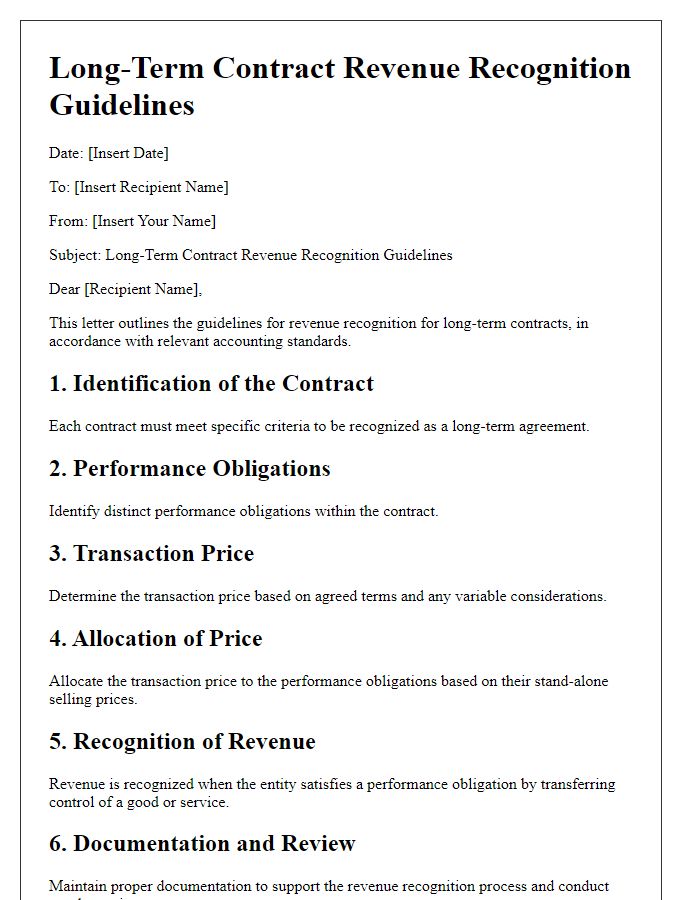
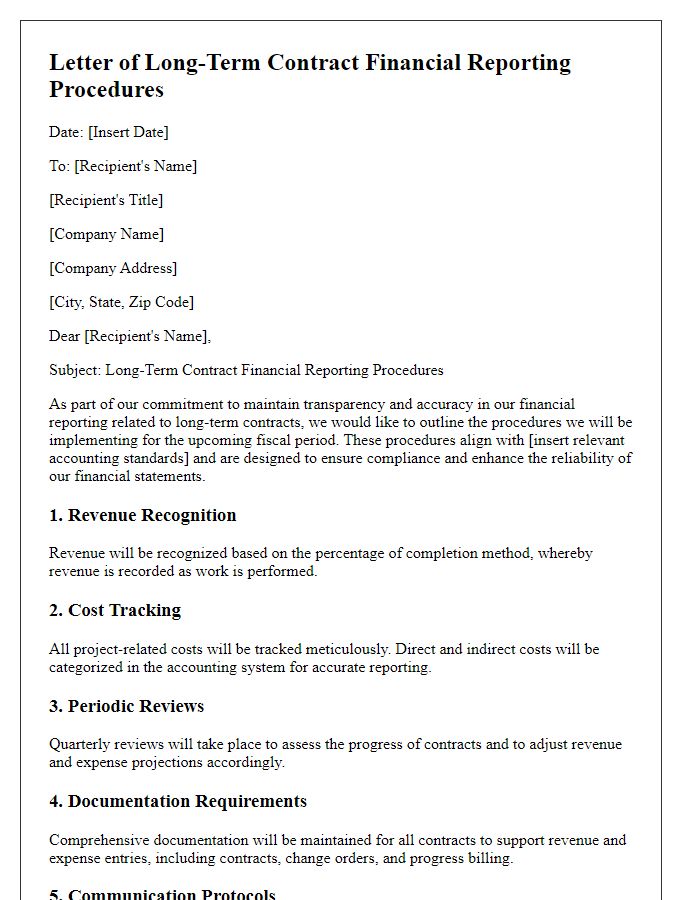
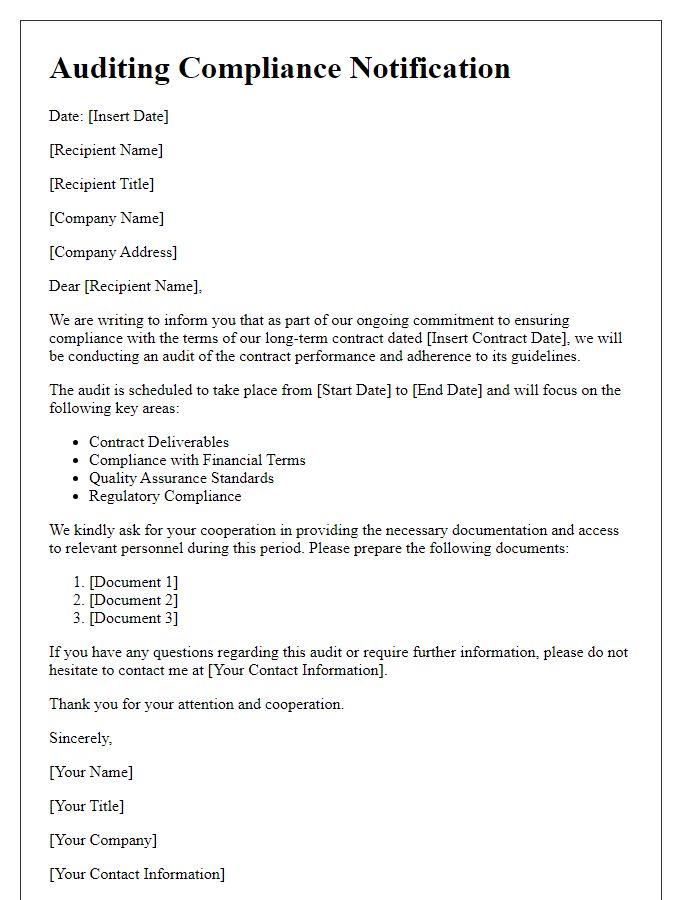
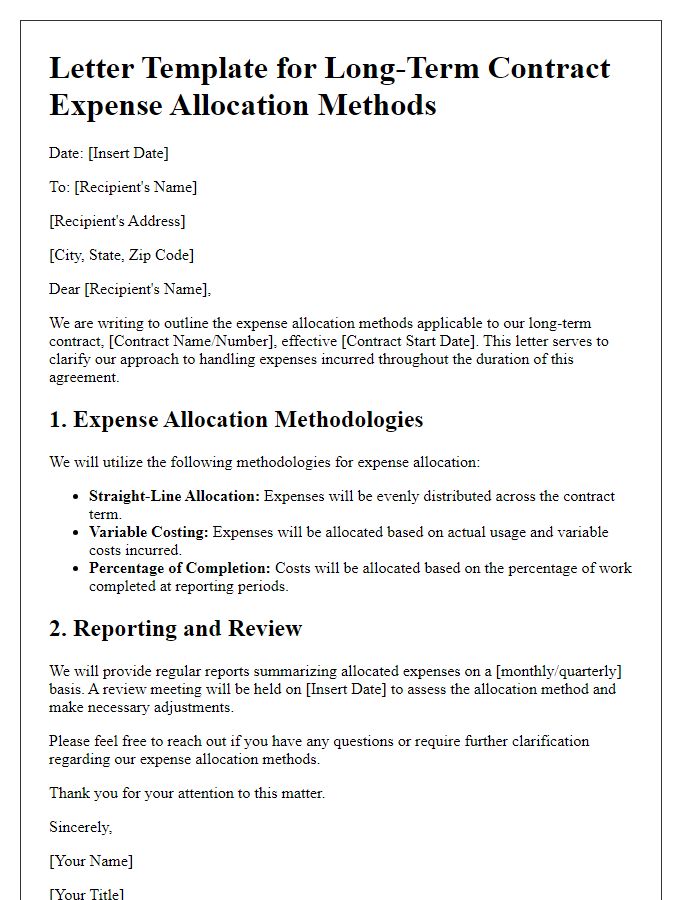
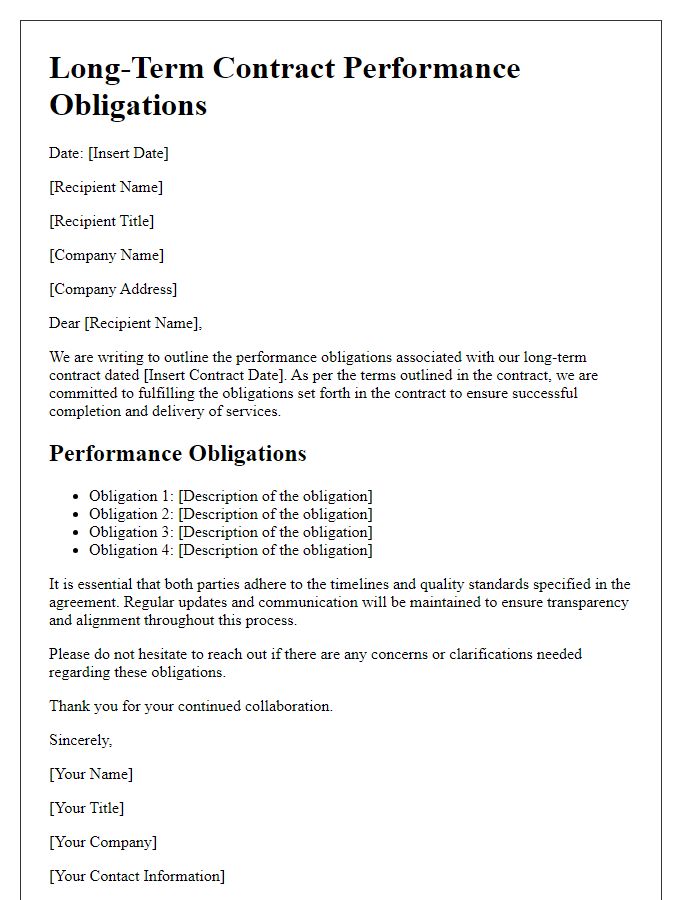
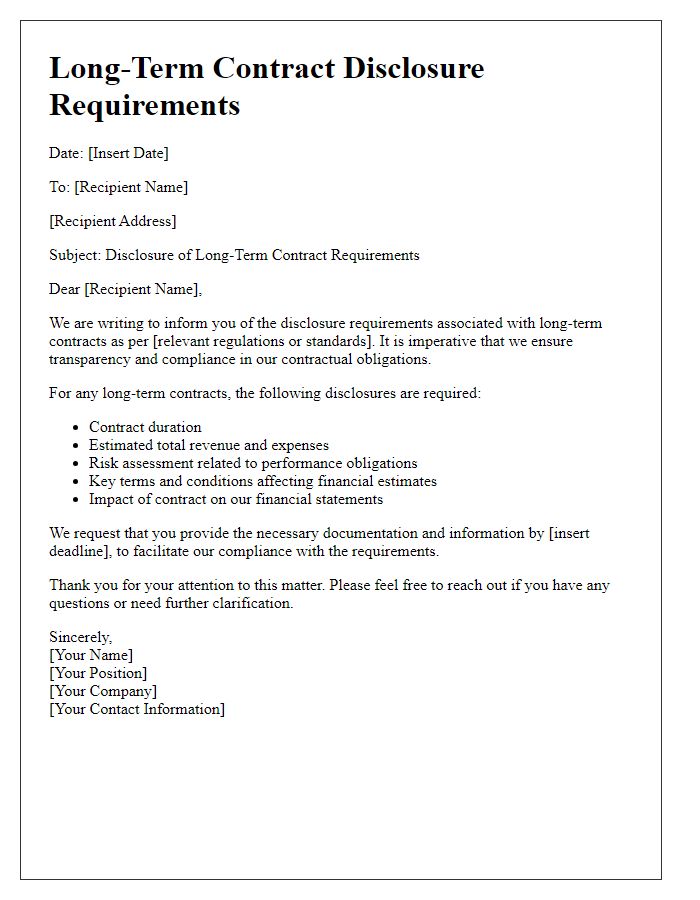
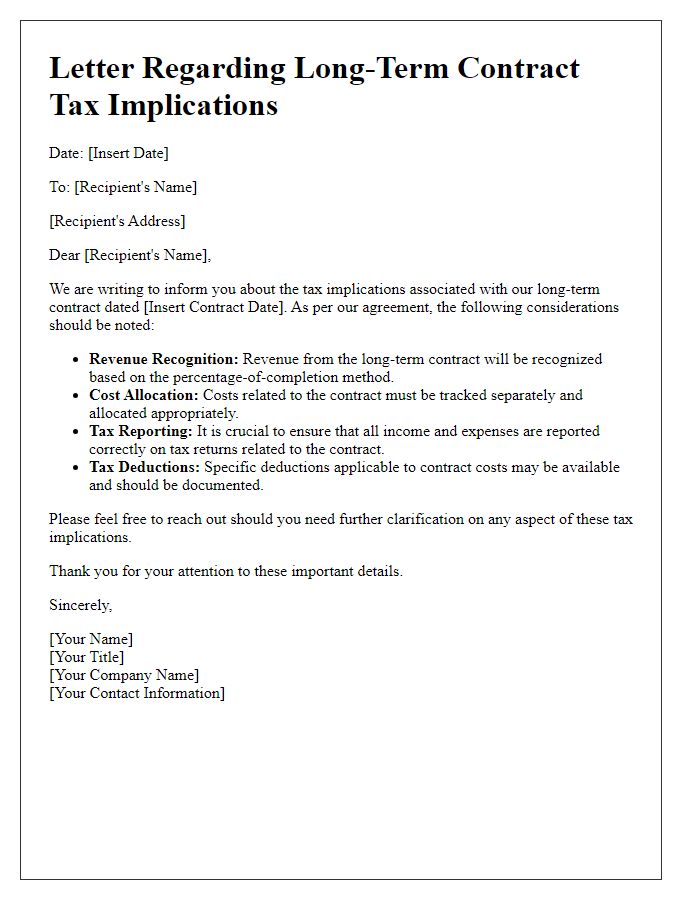
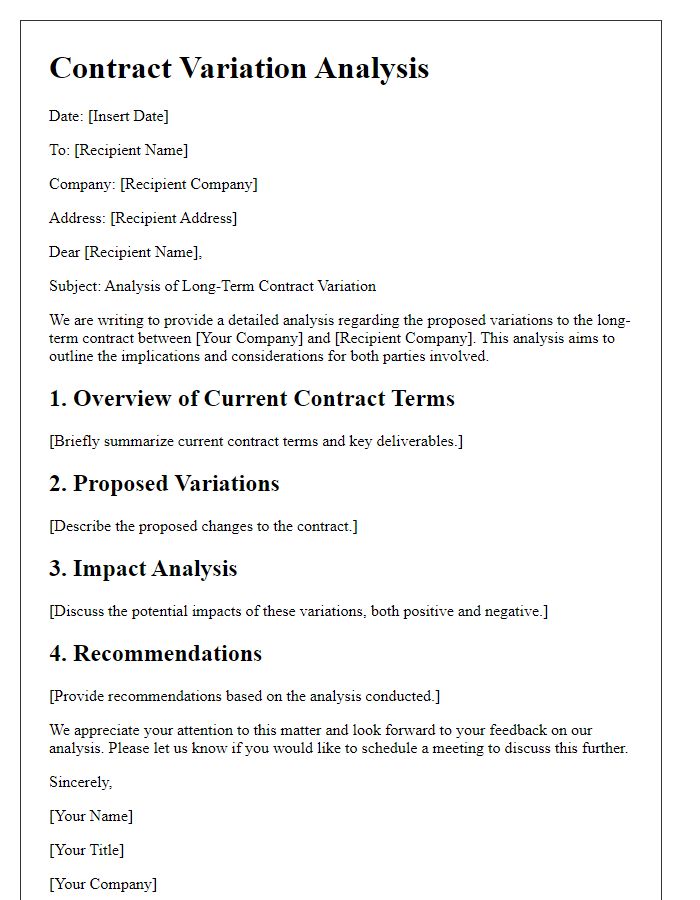
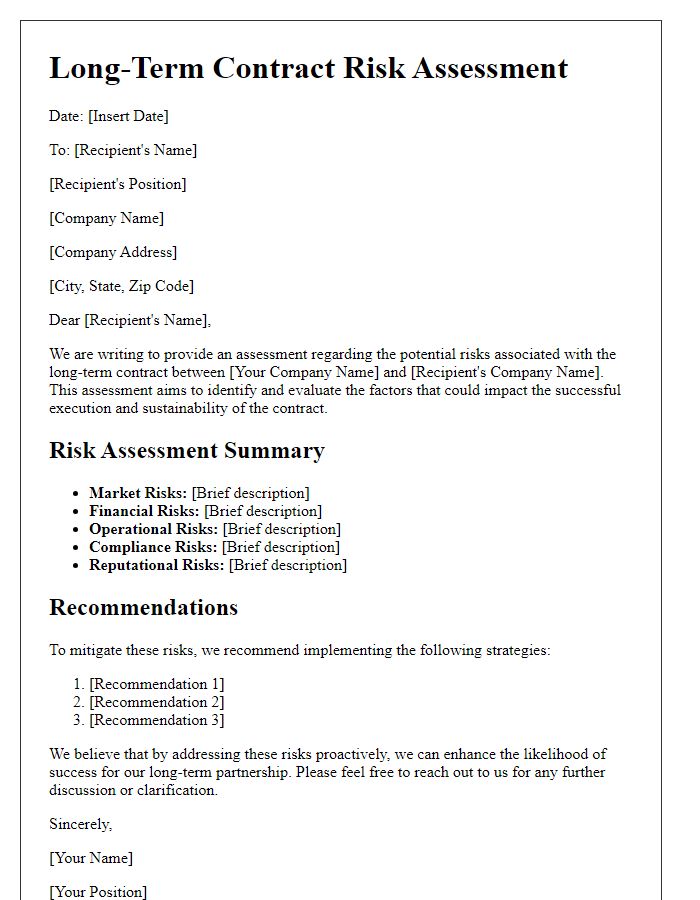
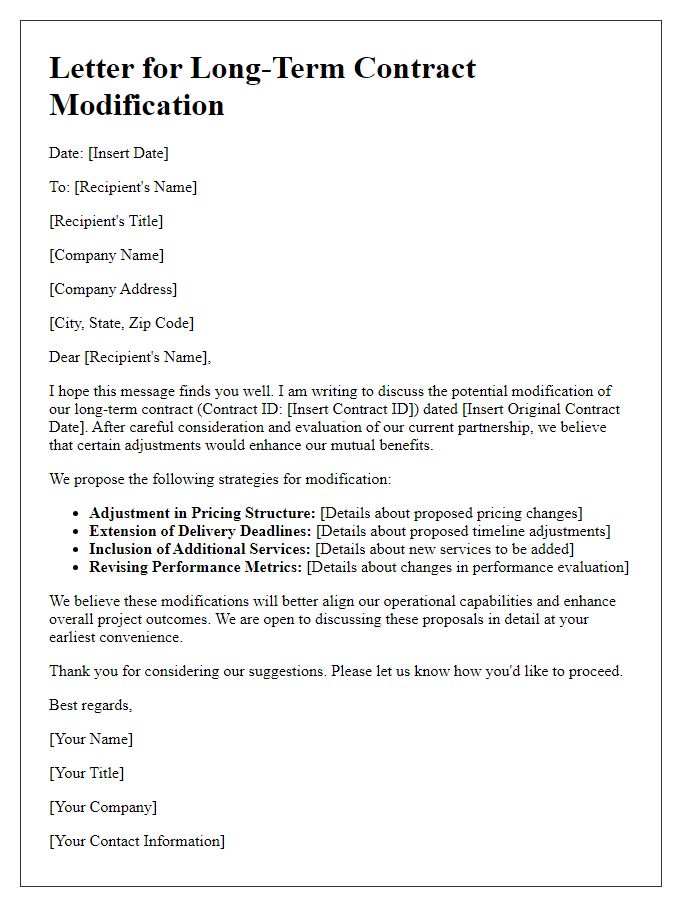

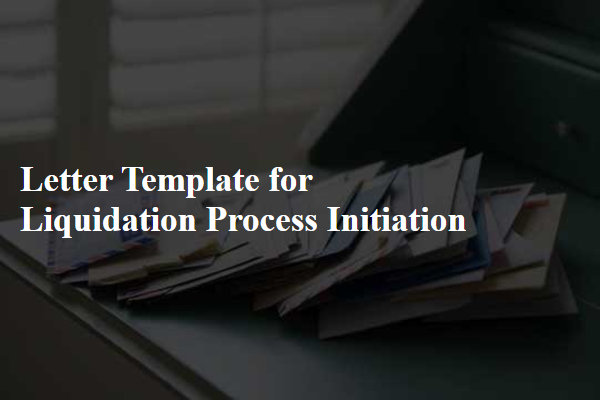
Comments